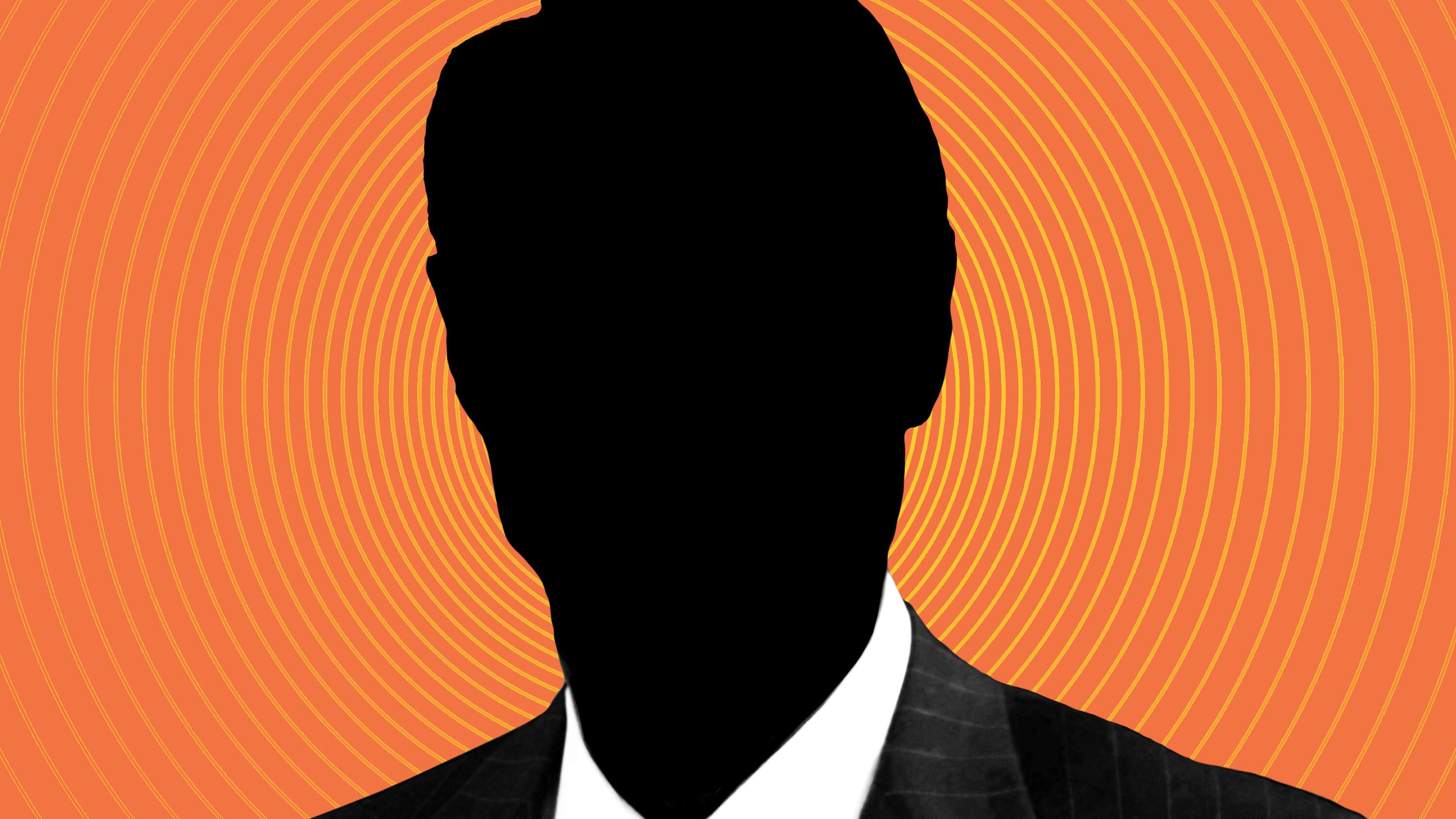It's the most hated law in Washington, D.C. Most Americans don't know it exists.
It lets Mark Zuckerberg get away with publishing anything you say.
Section 230 of the 1996 Communications Decency Act is an obscure federal law with a massive result. It says a company operating on the internet has no legal liability for what other people say on its website. No matter how vile or defamatory, the platform is shielded from being sued.
If you lie about finding a rat in your milkshake at McDonald's? Yelp isn't liable.
If you claim Joe Biden was brainwashed by the Chinese government and sent here as a spy? Facebook isn't liable.
If you post a sex tape of your ex? YouTube isn't liable.
"Without Section 230, companies could be sued for their users' blog posts, social media ramblings, or homemade online videos," writes former Oregonian reporter Jeff Kosseff in his just-published book on the law, The Twenty-Six Words That Created the Internet. "The mere prospect of such lawsuits would force websites and online services to reduce or entirely prohibit user-generated content."
Section 230 is responsible for the internet as we know it. It's the soil that sprouted the world's biggest tech companies, all of which make millions by providing a place for their users to share their own writings, images and videos.
But it also shelters the online toxicity—the mob pile-ons, character assassinations and disinformation—that makes the web a place where anyone can ruin your life.
"The law is a creature of 1996, written long before Facebook or Twitter existed," Portland-based New York Times editorial board member Sarah Jeong wrote last month. "It assumes the internet is still just beginning to blossom and that legislators, judges and regulators should adopt a hands-off approach."
In other words, Facebook and Twitter exist in the form they now take only because Congress protected them from responsibility for their users' speech.
The author of that law? Oregon's Ron Wyden.

Wyden, now this state's senior U.S. senator, was a young congressman when he teamed up with a Southern California Republican to write Section 230 and slip it into a sprawling telecom bill.
He wanted to allow tech companies to remove obscene work from their platforms without worrying that their supervision would open them up to legal risk. In other words, he hoped that more freedom would allow tech CEOs to act more responsibly, not less.
Twenty-three years later, Republicans and Democrats agree: That hasn't happened. And when Congress resumes this month, Section 230 will be under siege.

Many Democrats believe tech giants haven't done enough to moderate what their users say. So they want to remove Section 230 to force Facebook to exert tighter control.
Many Republicans—whose right-wing supporters are the most likely to get banned from social media platforms—think companies police speech too closely, censoring conservatives. So they want to repeal Section 230 as punishment for being unfair to them.
Wyden now finds himself at the center of a shrinking pool of lawmakers who still believe radical free speech is what makes the internet work.
"Senator Wyden's been around a long time, and I understand he has pride of authorship in the original [Section] 230 that dates back to when I was in high school," U.S. Sen. Josh Hawley (R-Mo.) told a reporter for Wired magazine earlier this month. "But a lot has changed since then. The world has changed. The internet has changed. We've got to deal with the reality that we live in."

Wyden has also changed—but only a little.
"I want to emphasize: I do not have a road map today to deal with all the problems on the net," Wyden tells WW. "I don't think platforms do enough to weed out the slime, the personal attacks and hate that most people don't want. [But] I want to do it in a way that ensures you democratize the system of getting information out to people."
The peril Section 230 faces reflects the uneasy feelings many people now have about the internet. What once seemed a place for free expression now incubates race warriors, misogynist harassers and mass murderers. Even Wyden agrees Facebook must take responsibility for the world it fostered.
Should he also bear some blame?
WW looks at what Section 230 does, how it became law, and what its effects have been. We also talked to Wyden about whether his brainchild has grown into Frankenstein's monster.
WW intern Abbey McDonald contributed reporting to this story.
This is a story in five parts.
